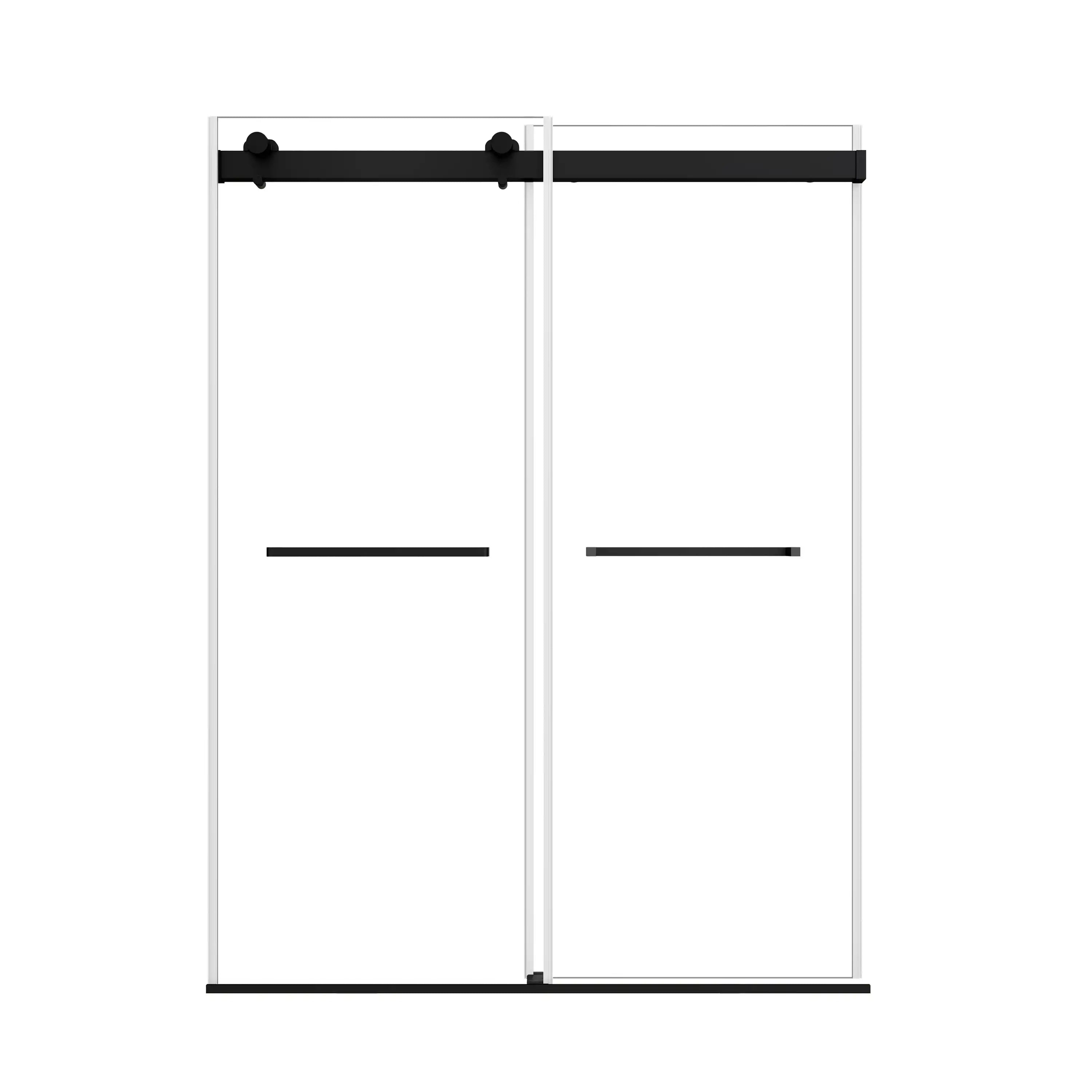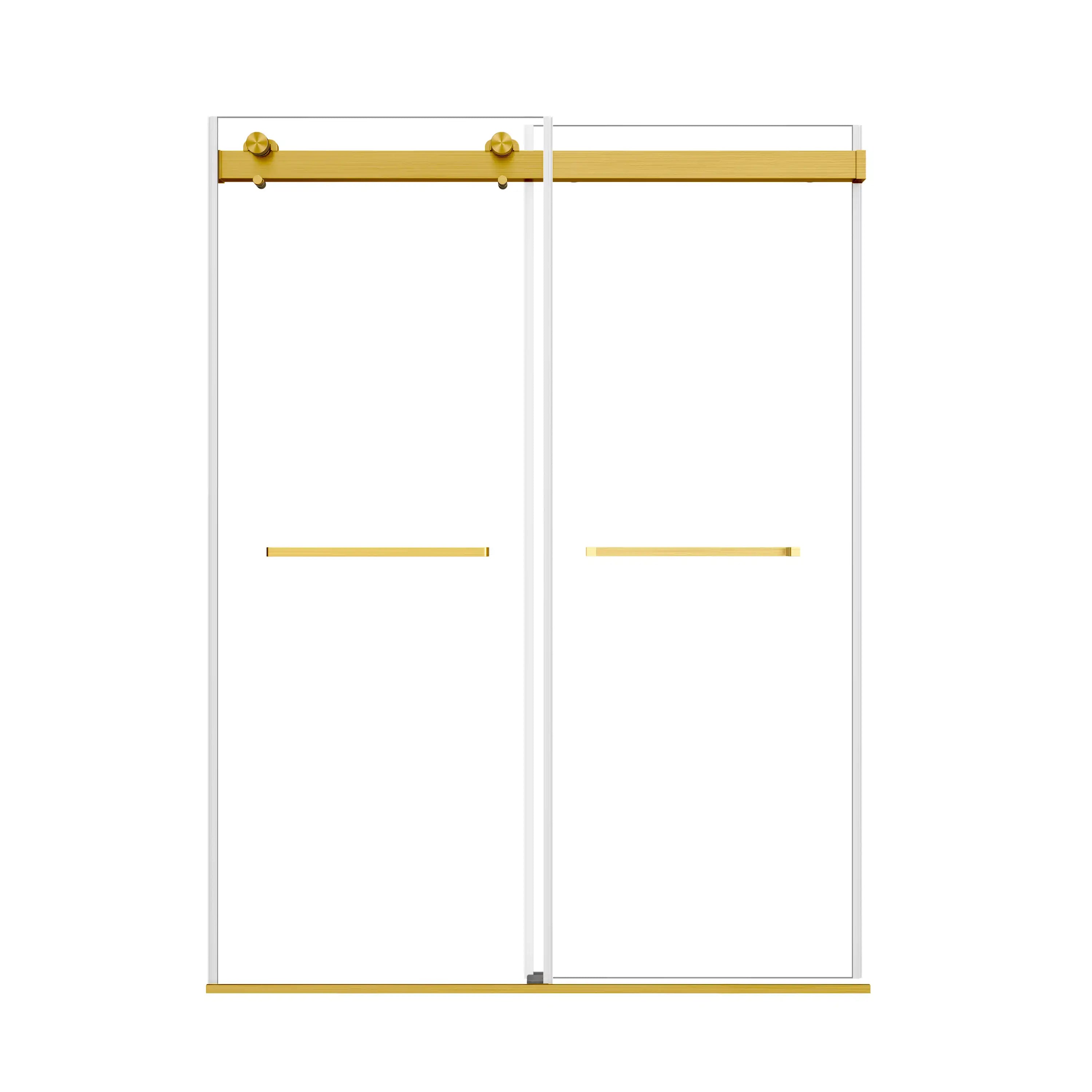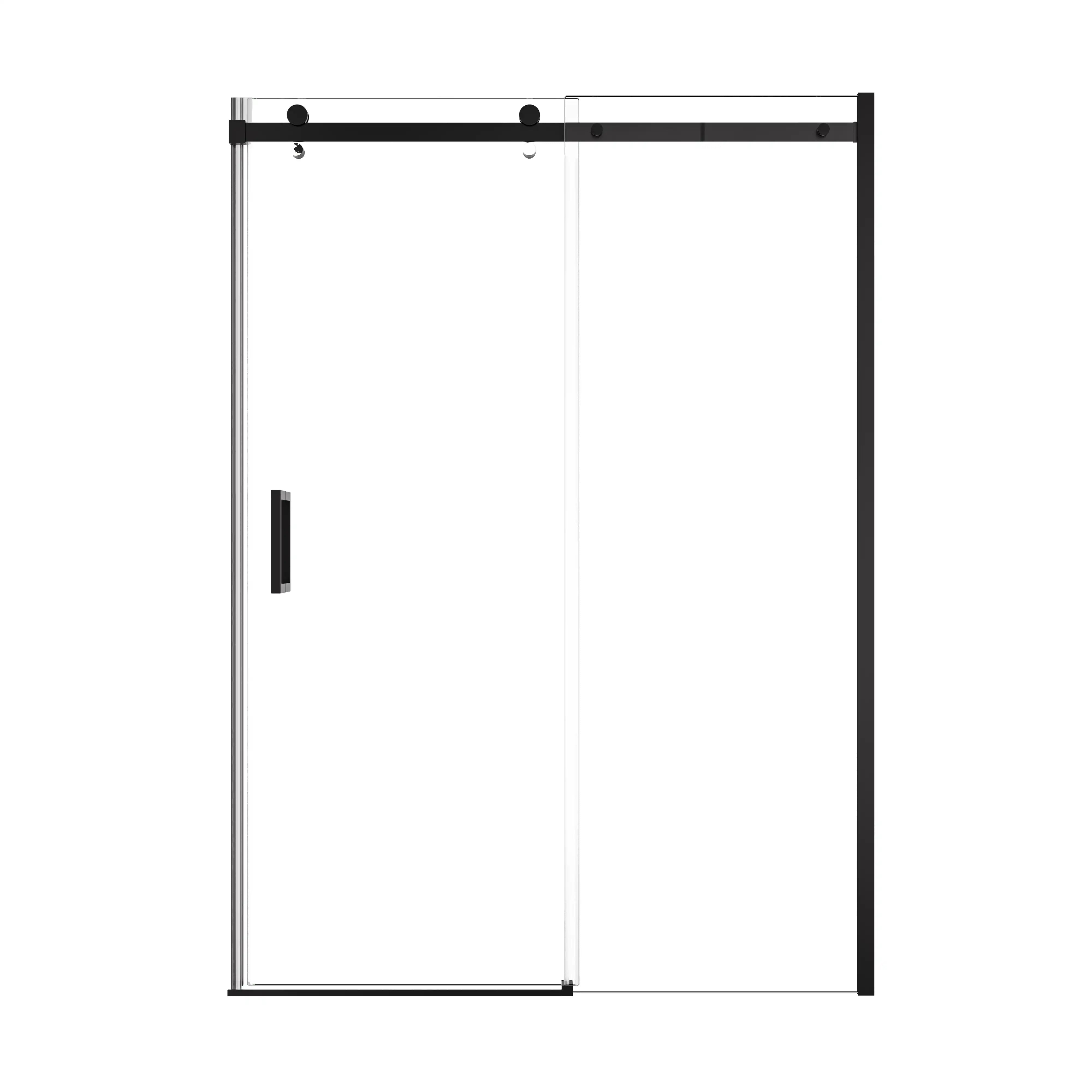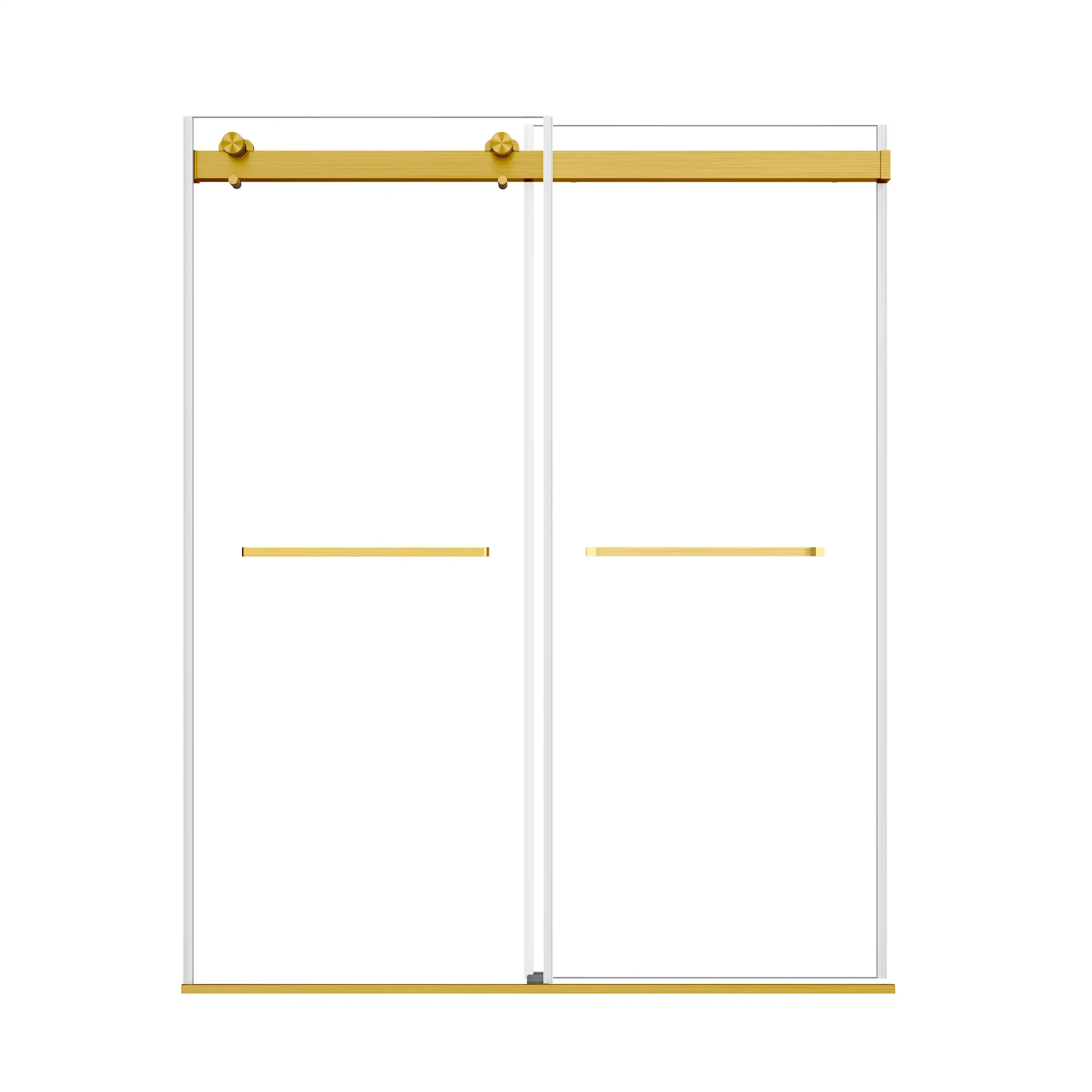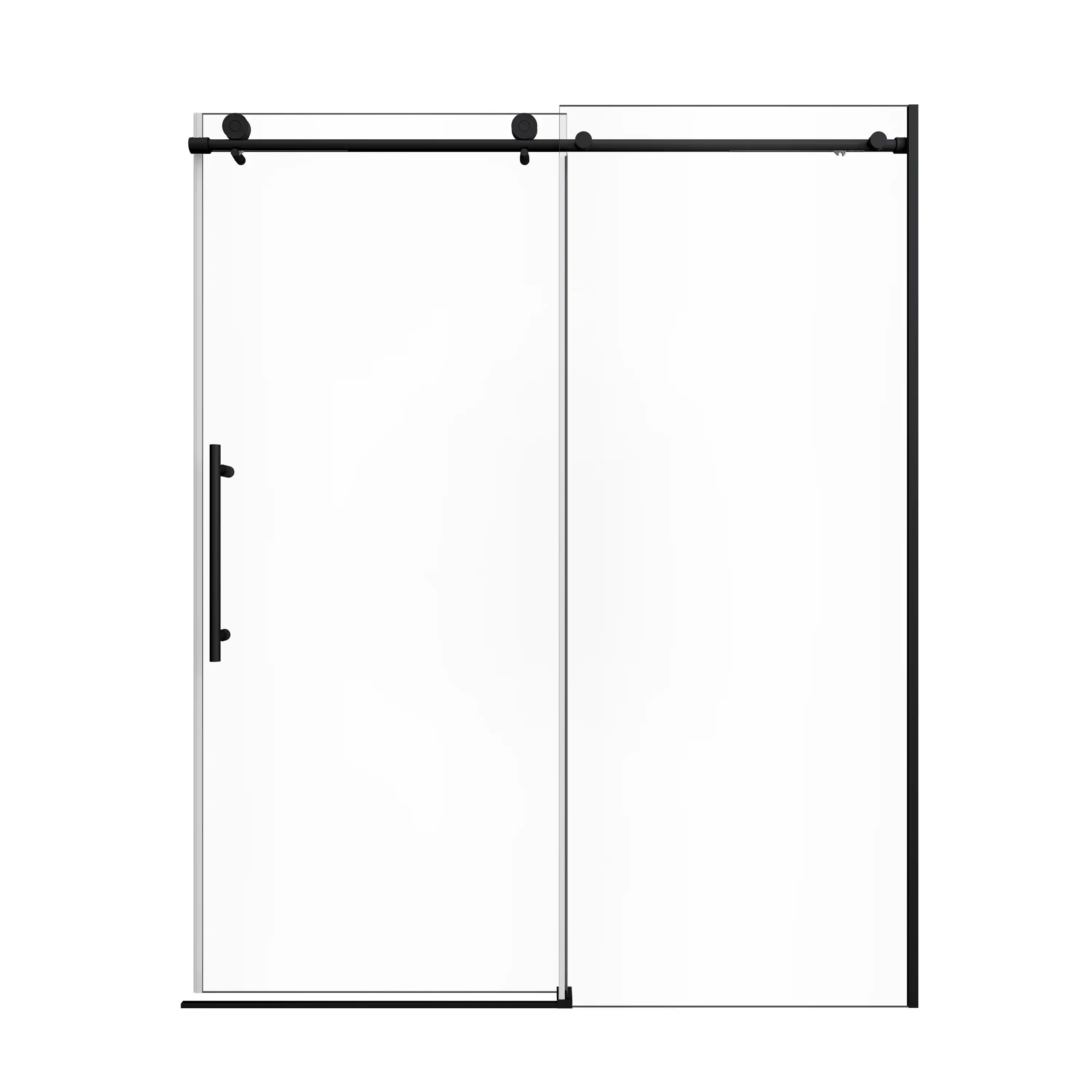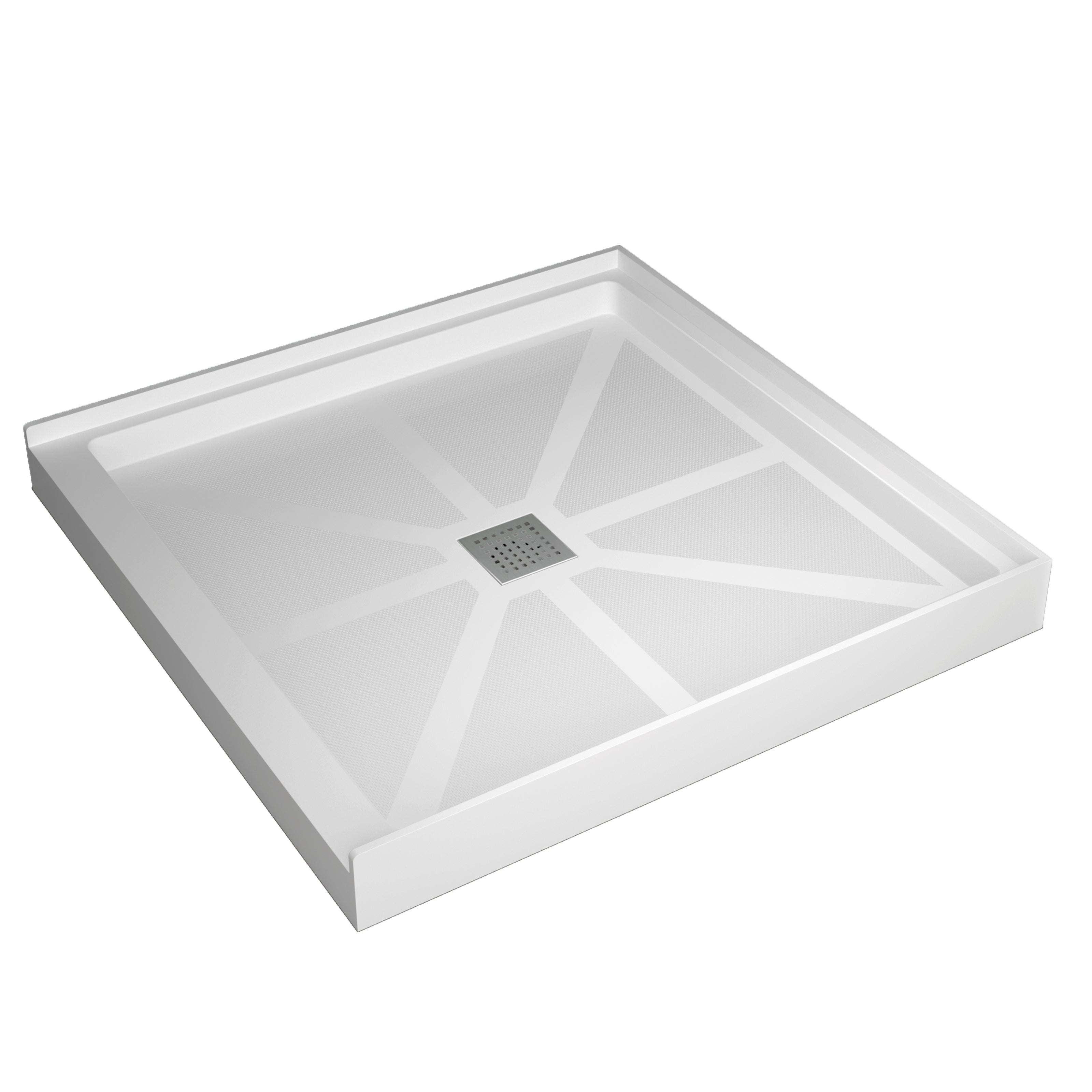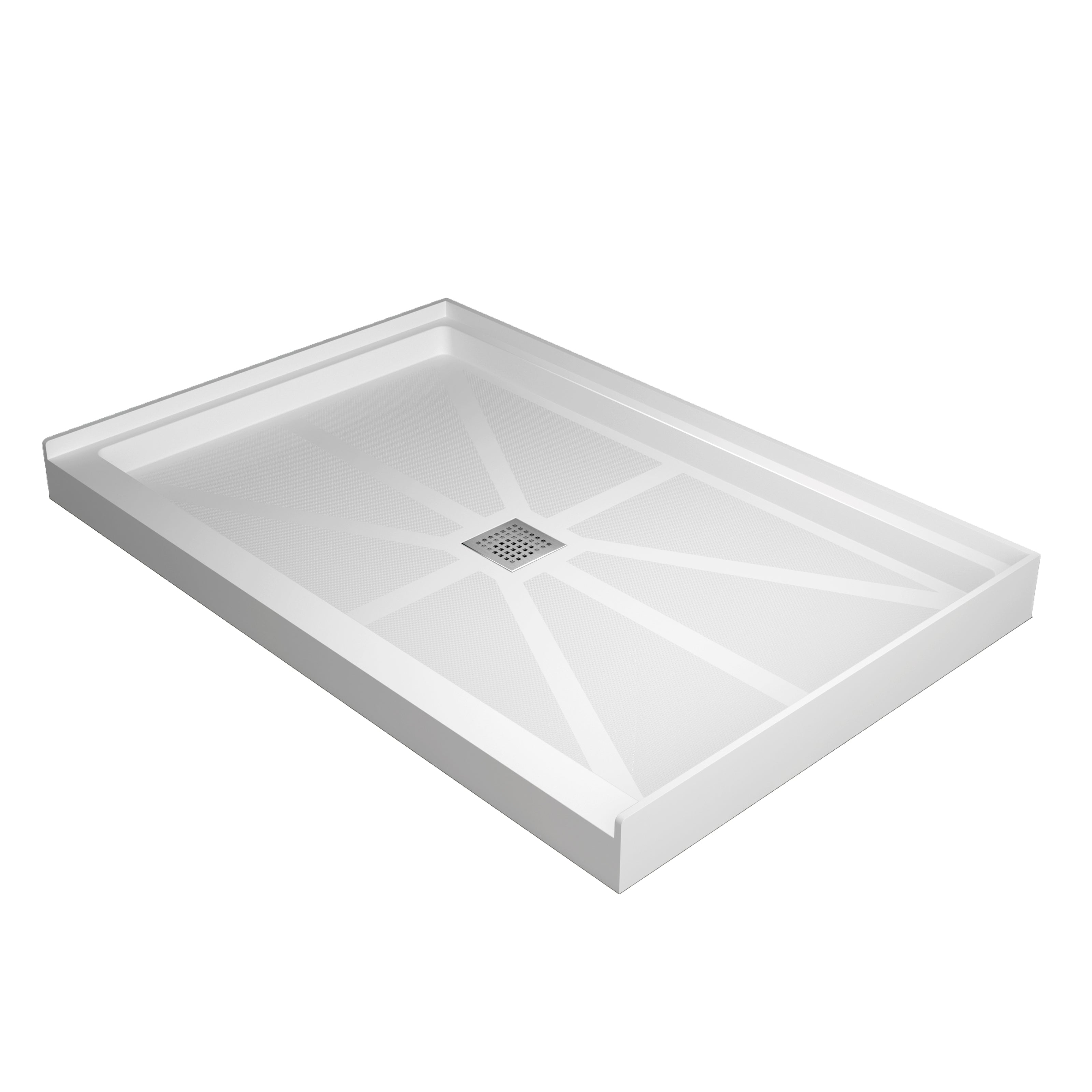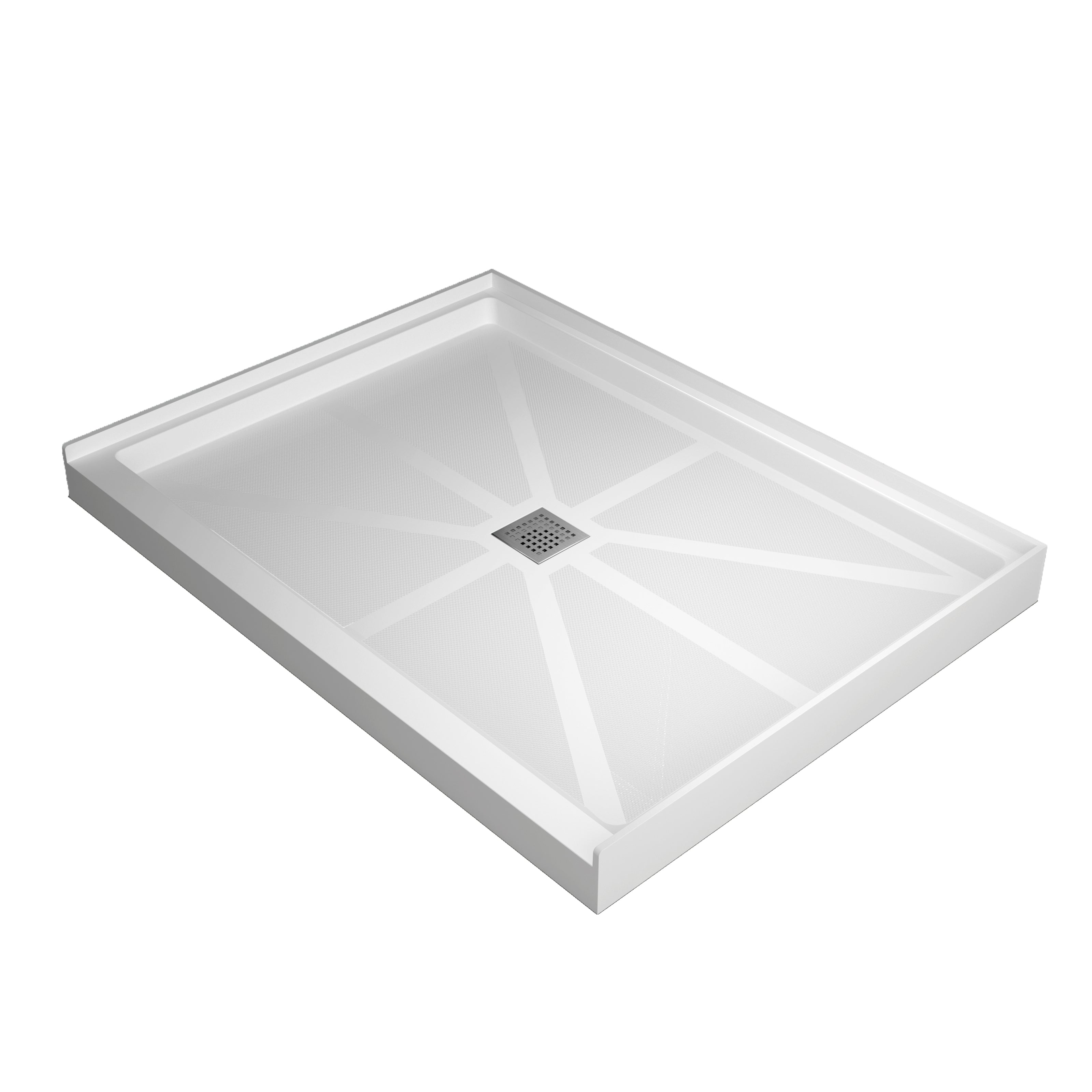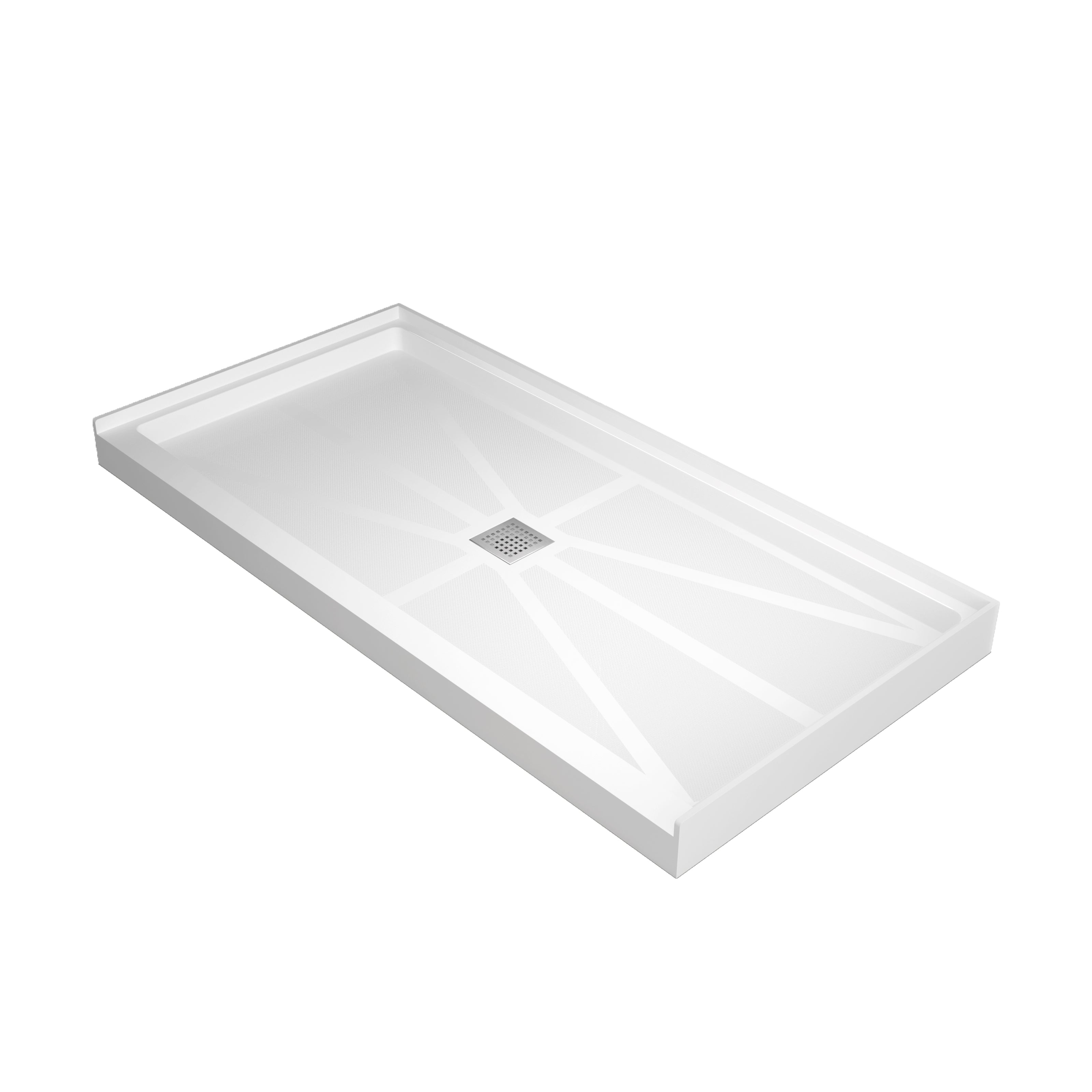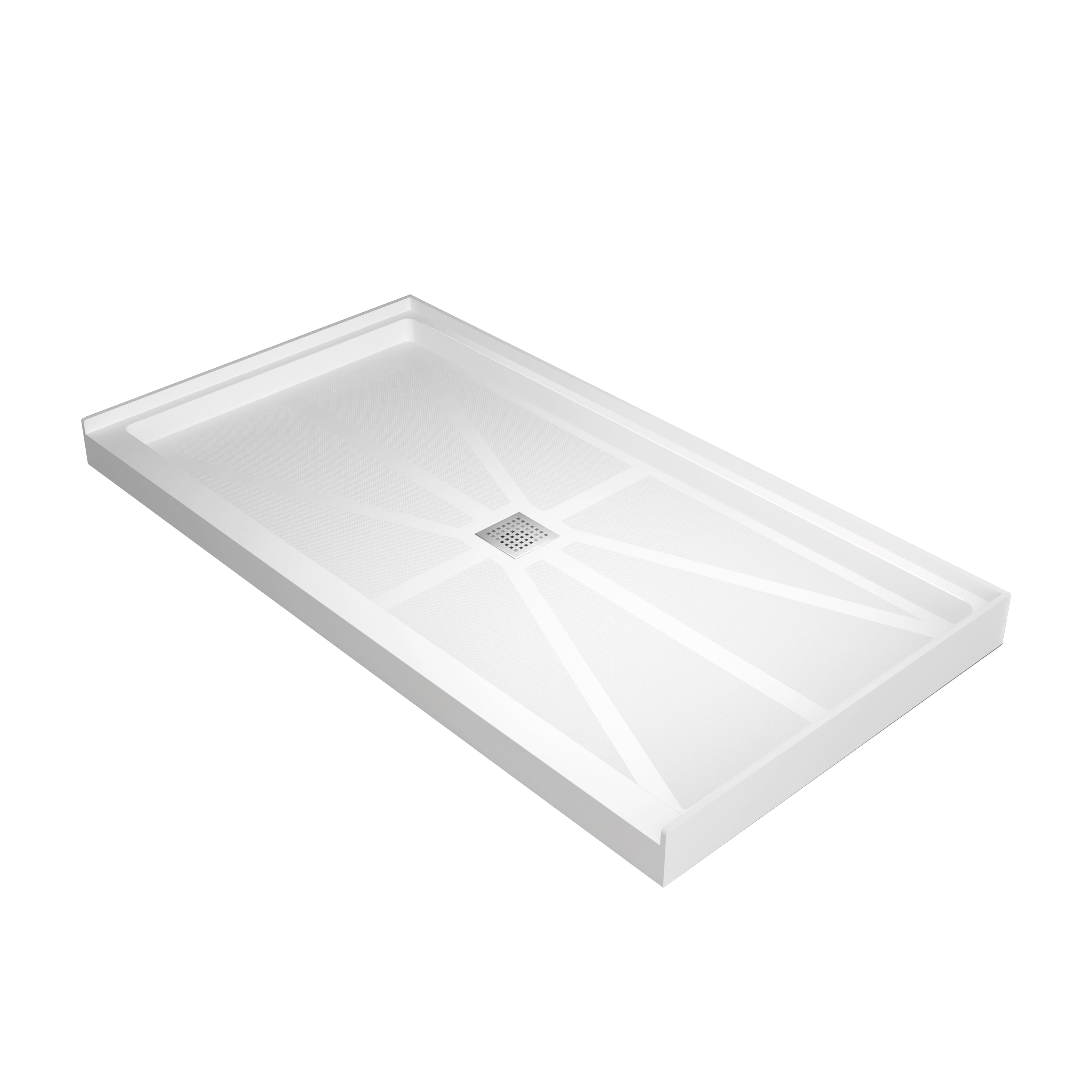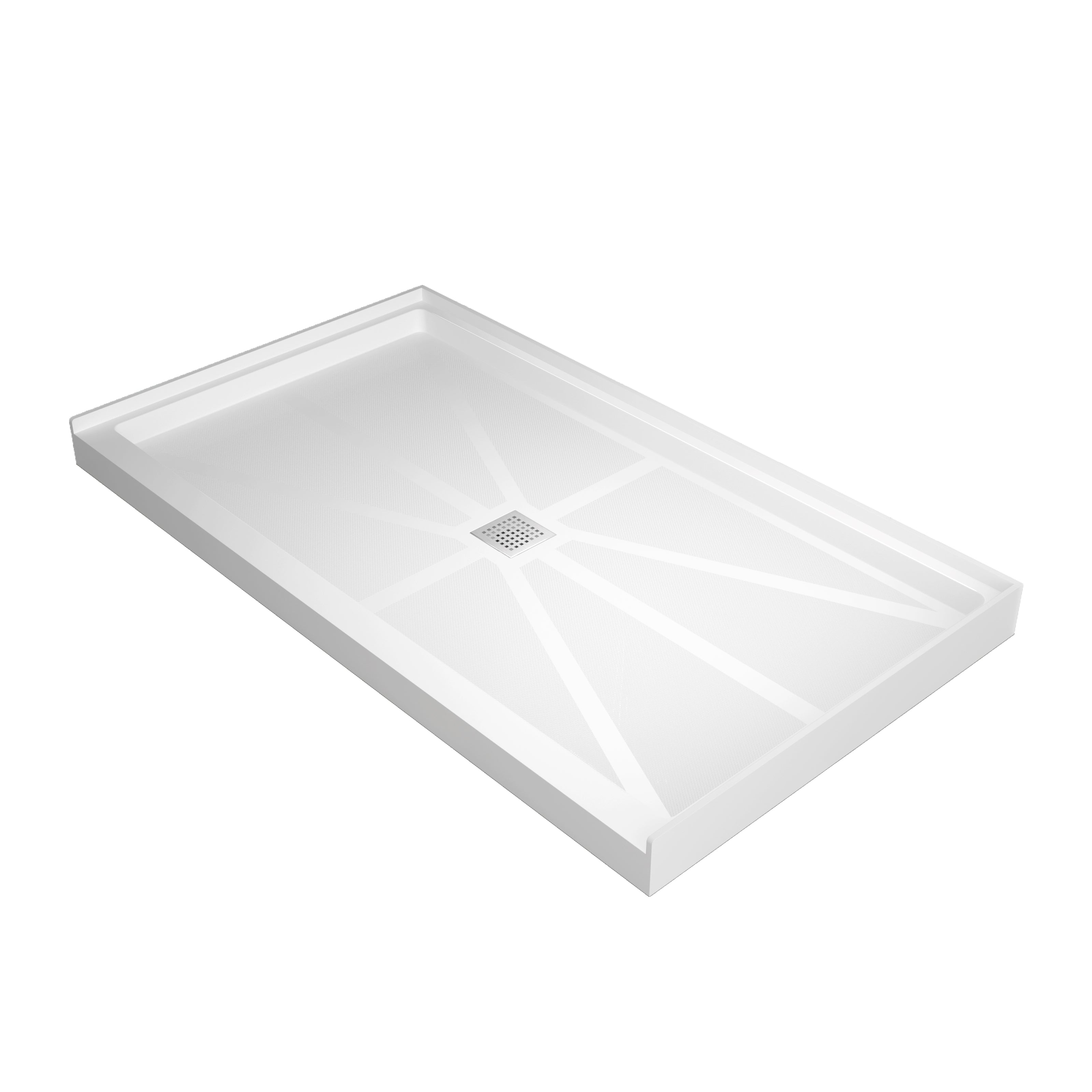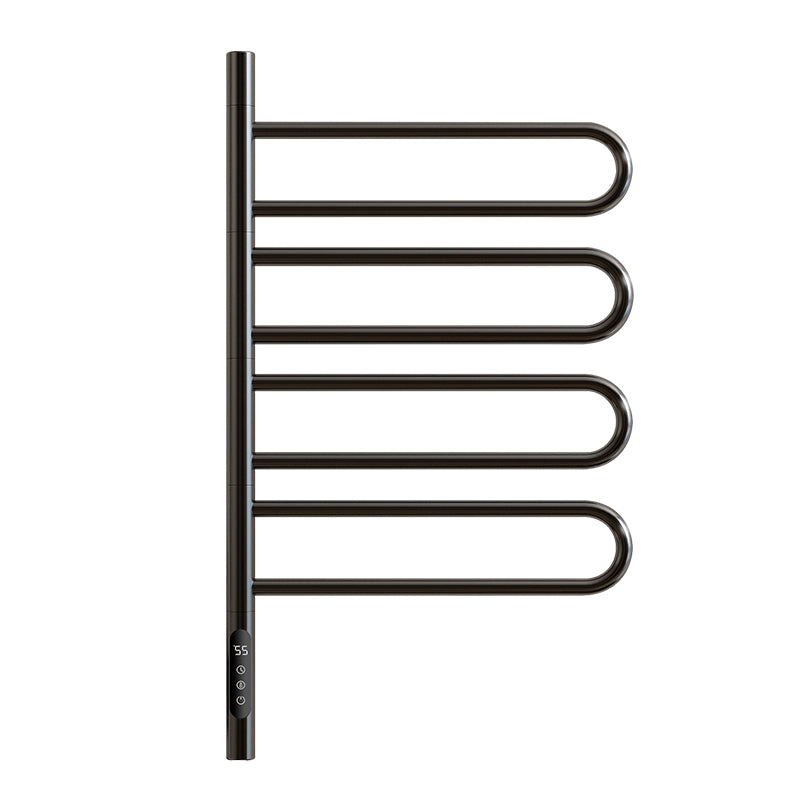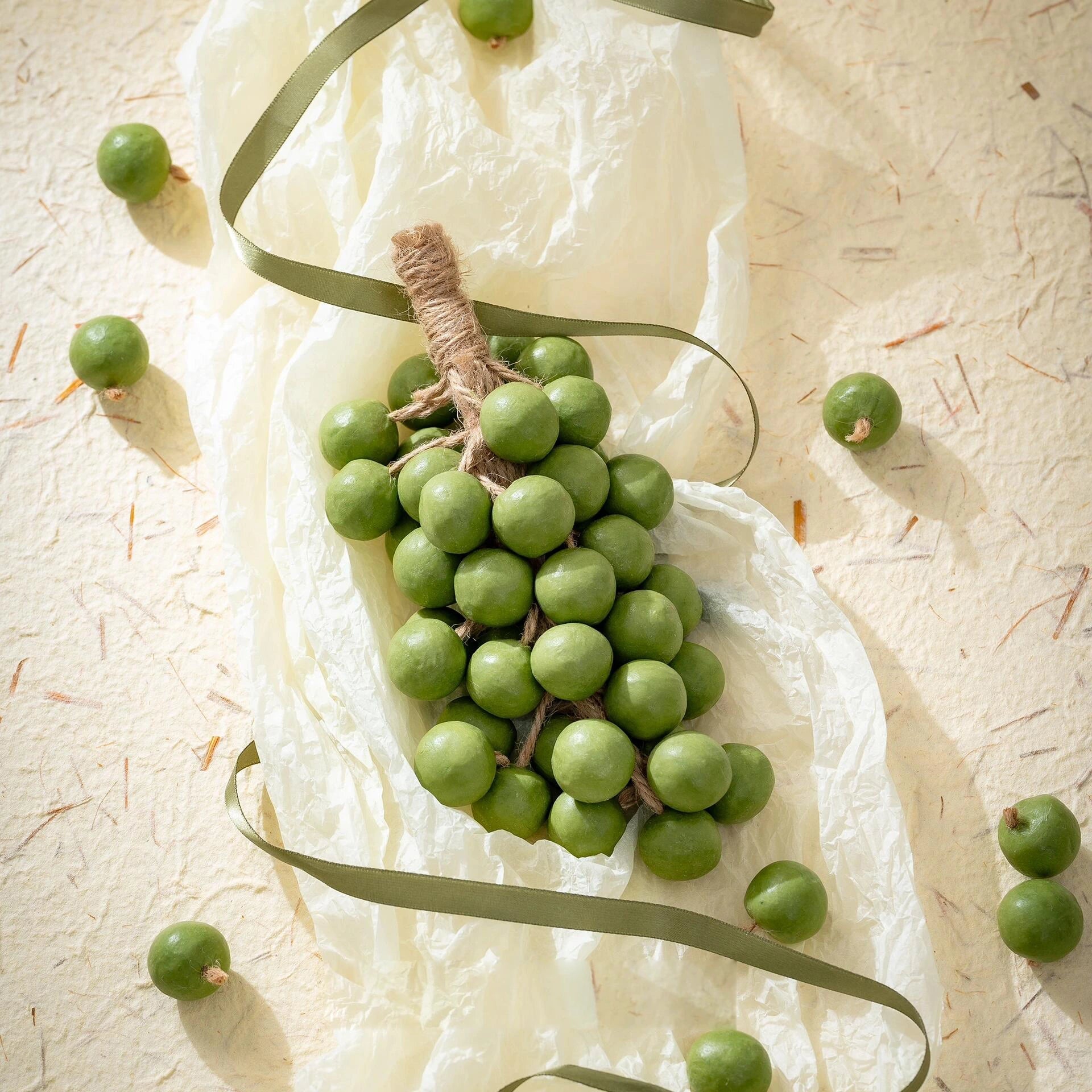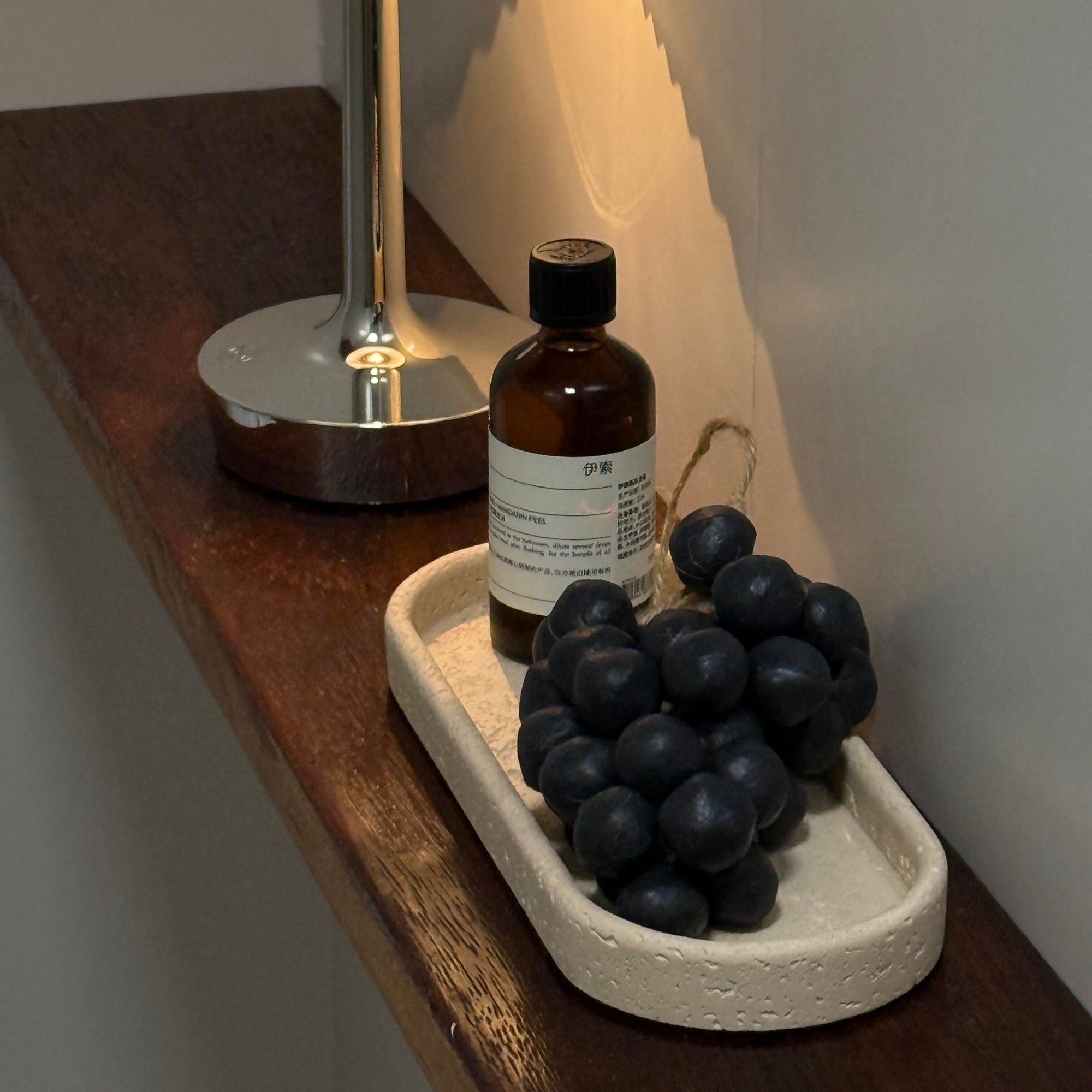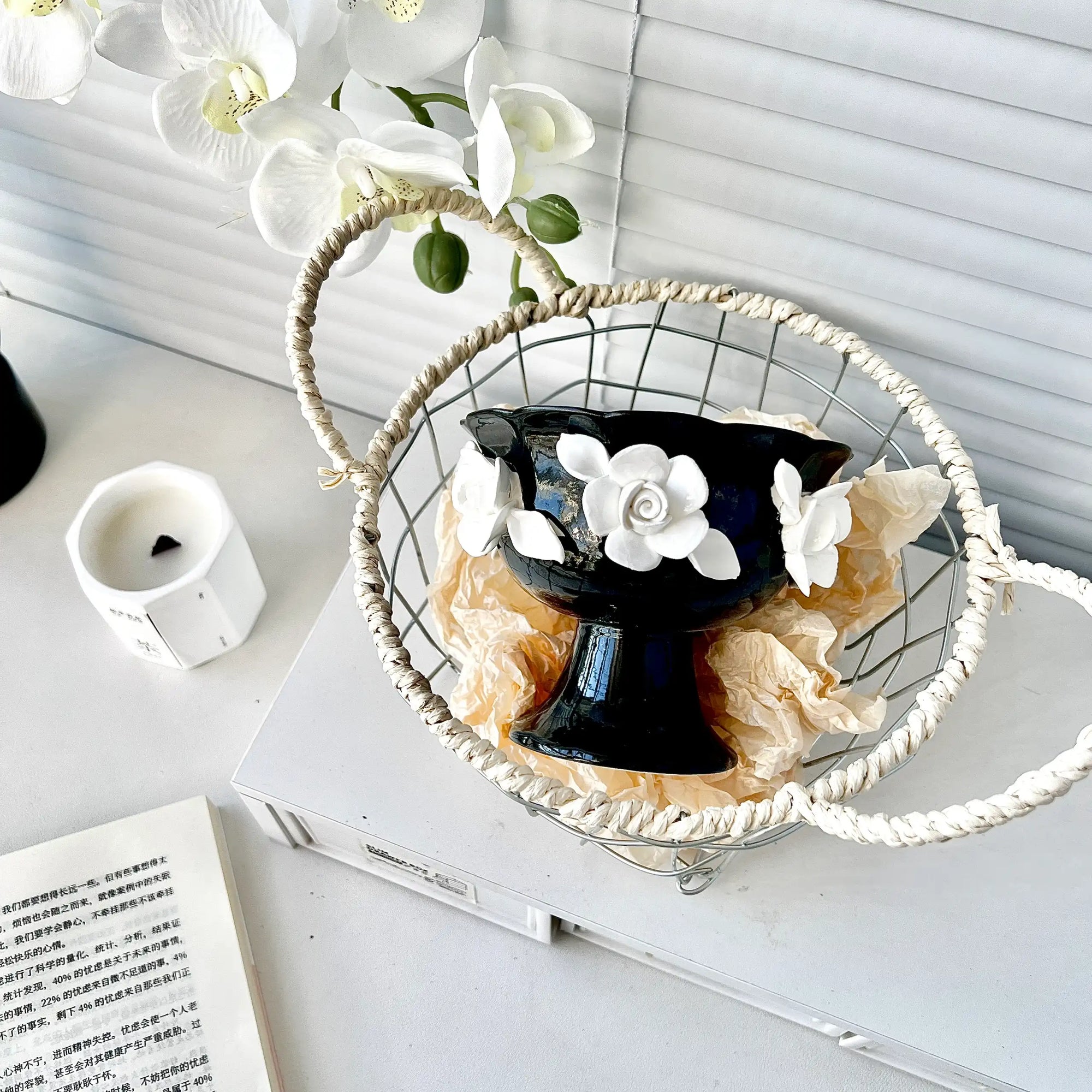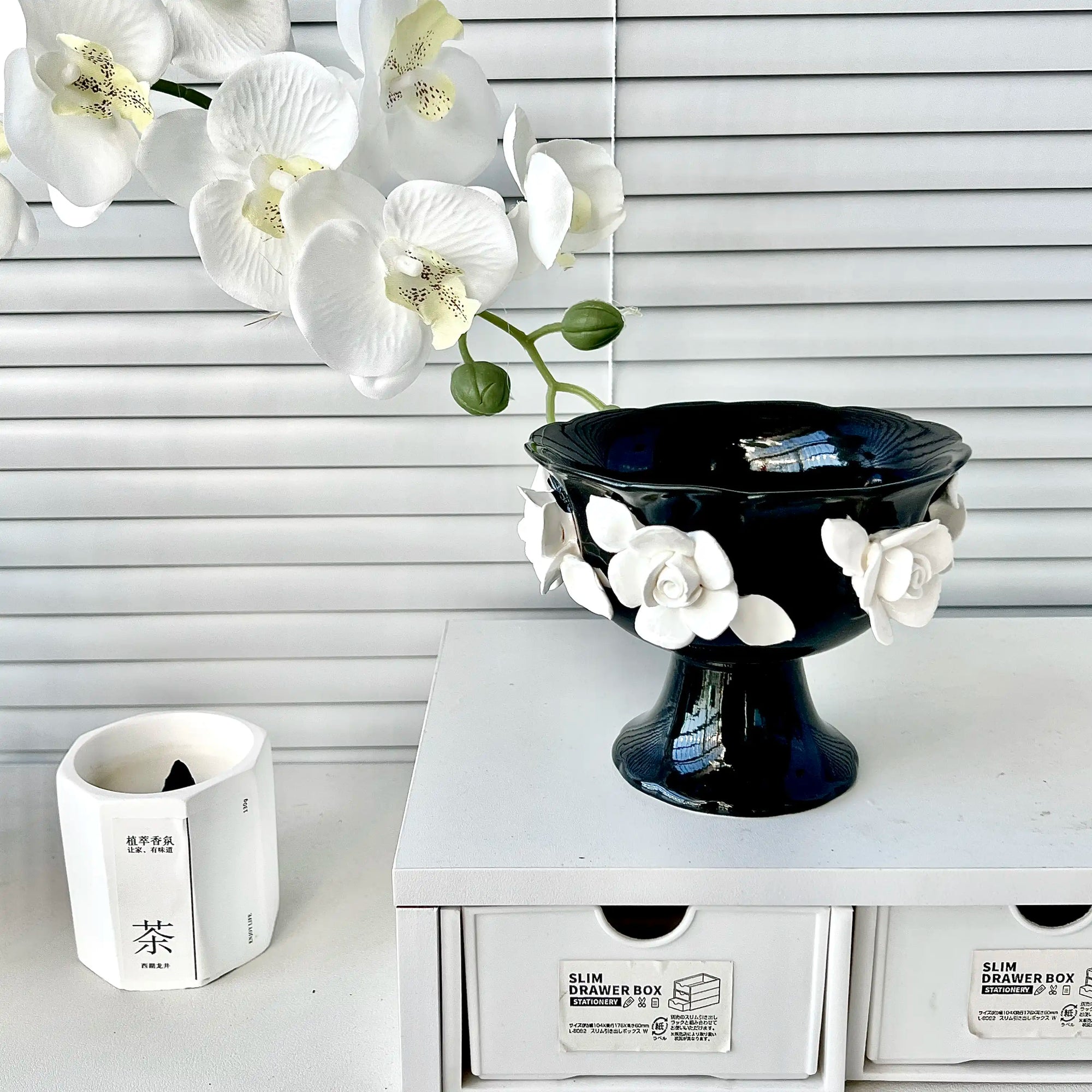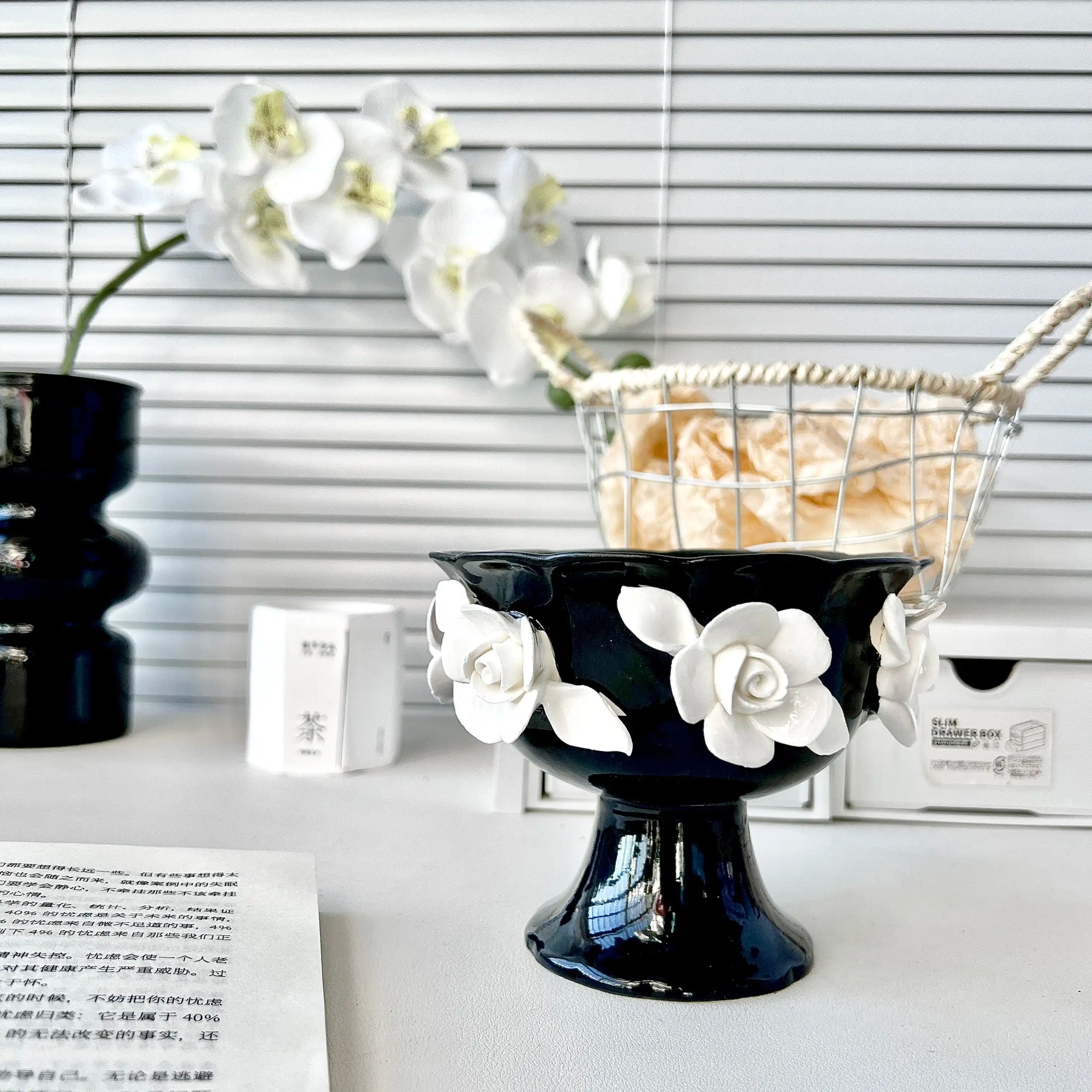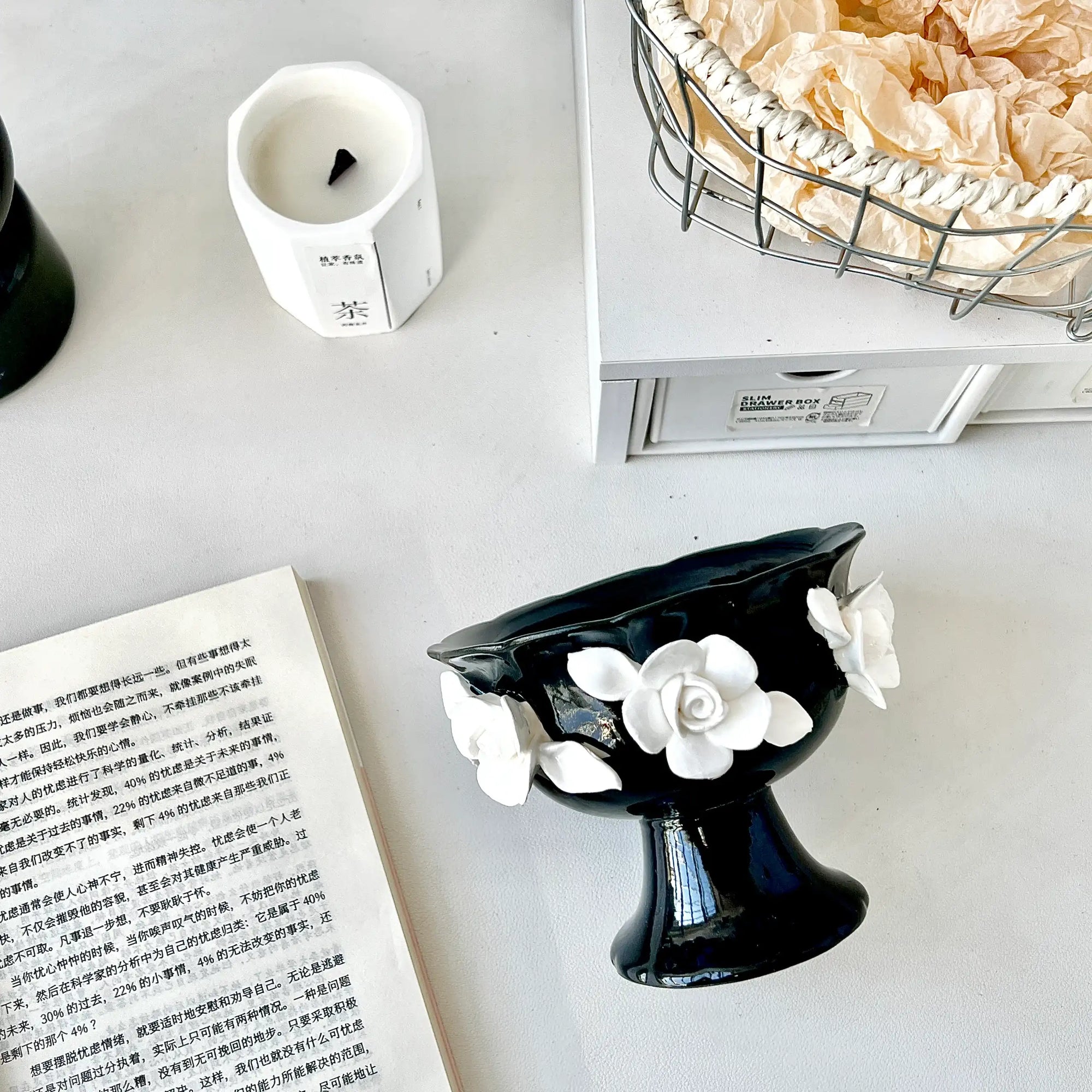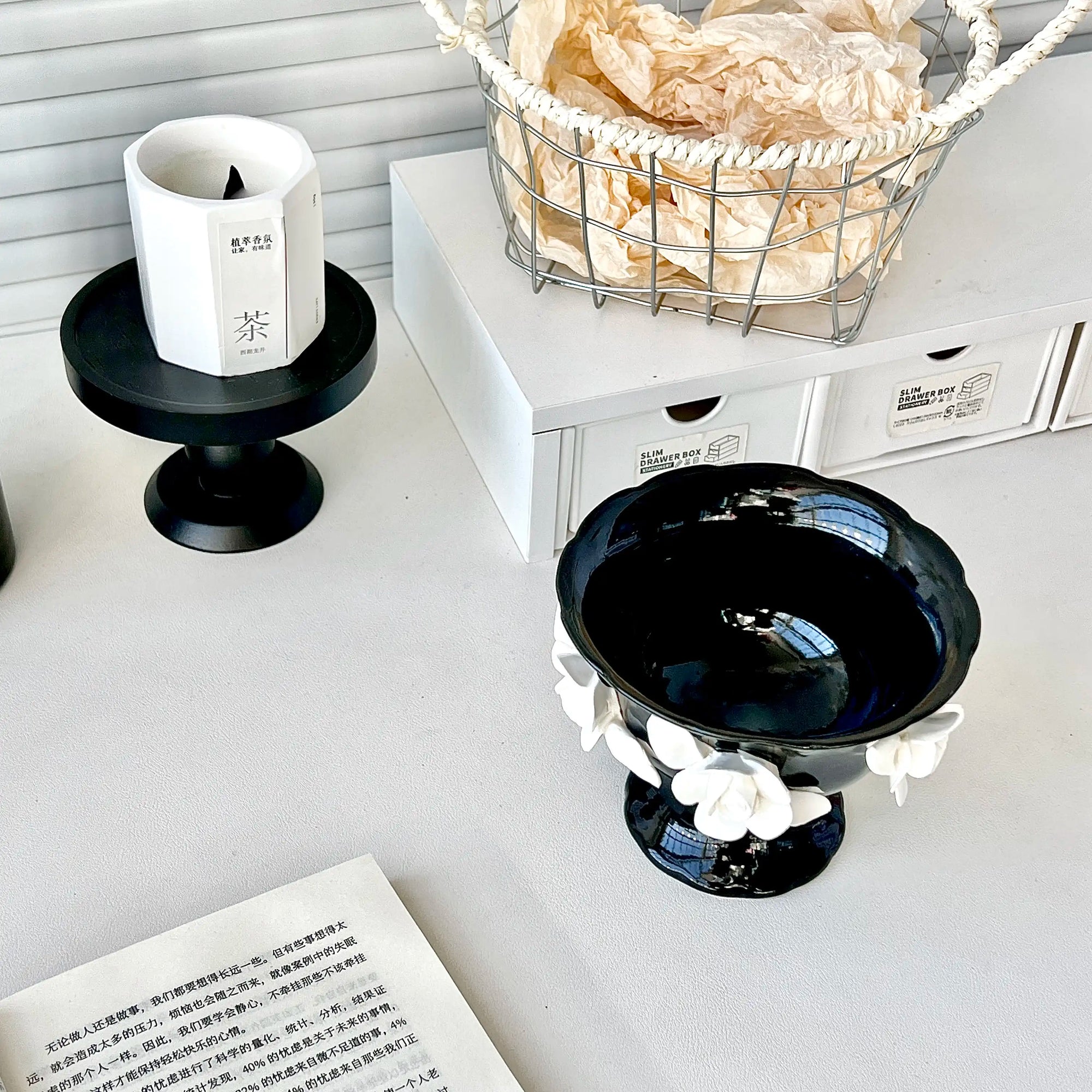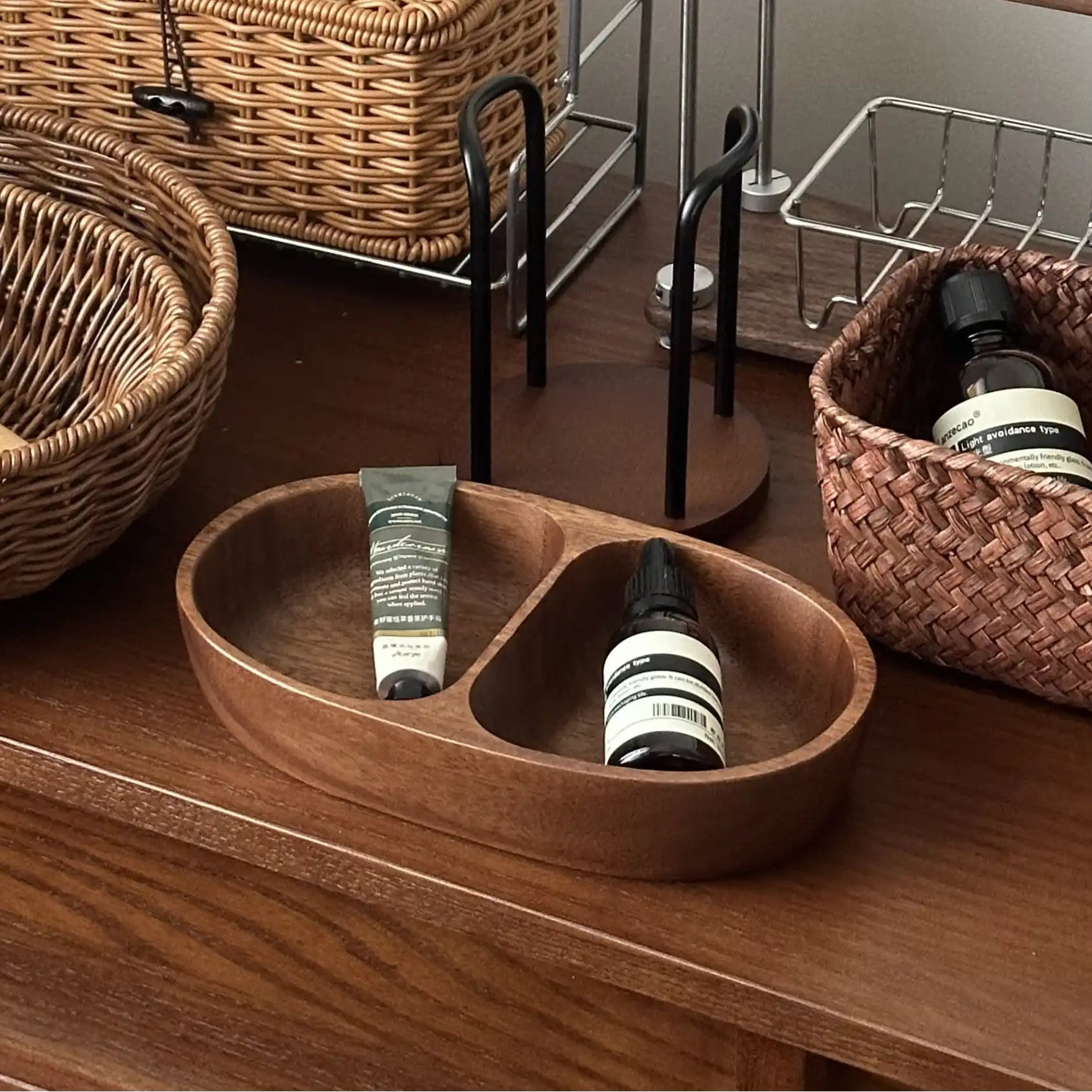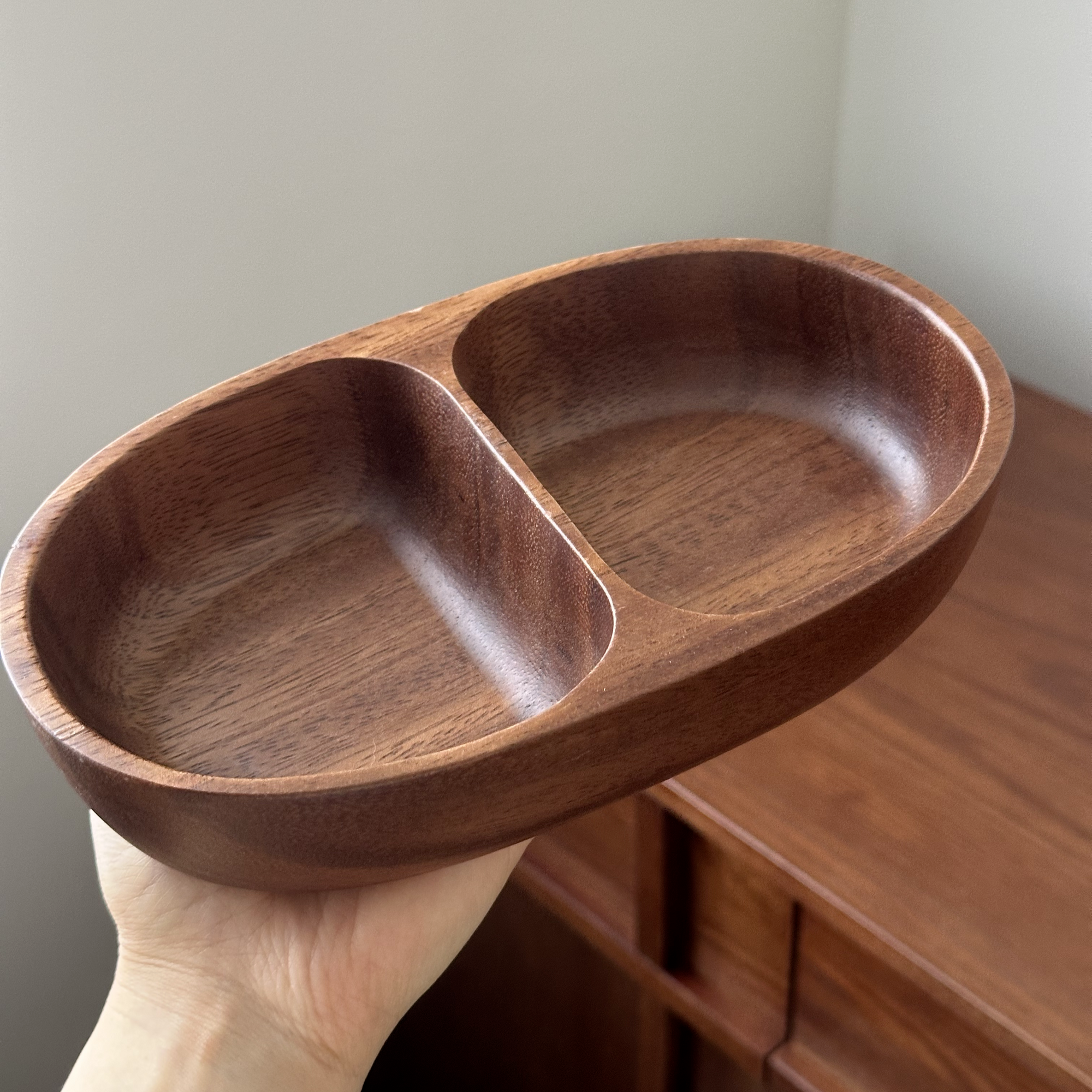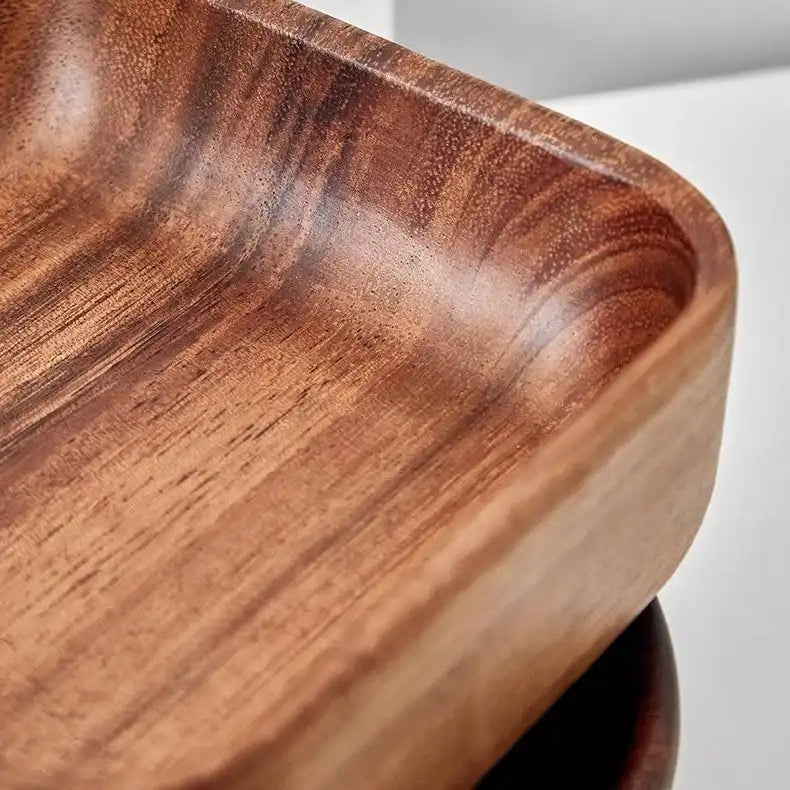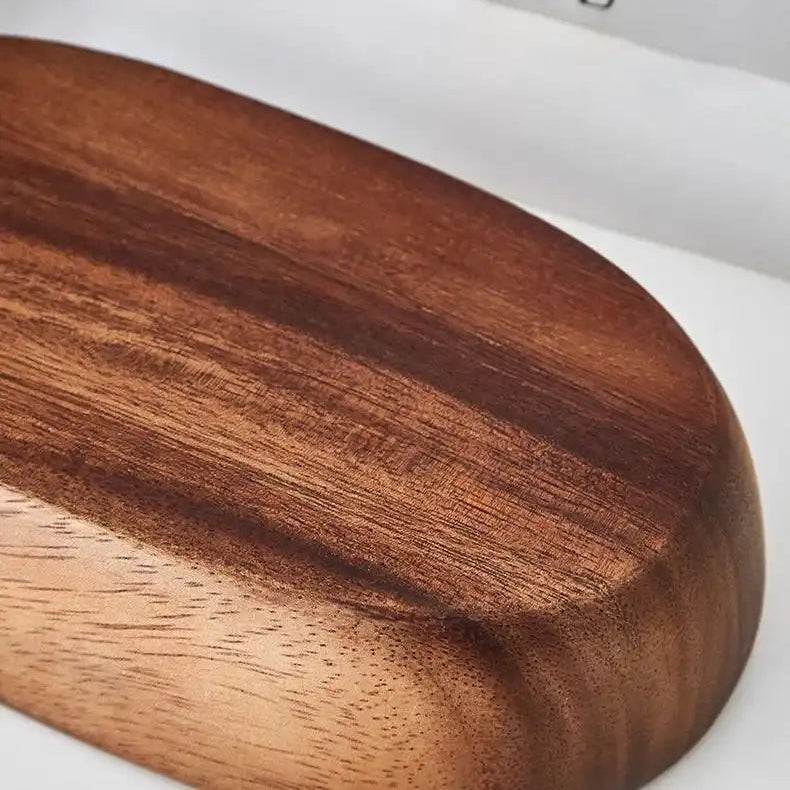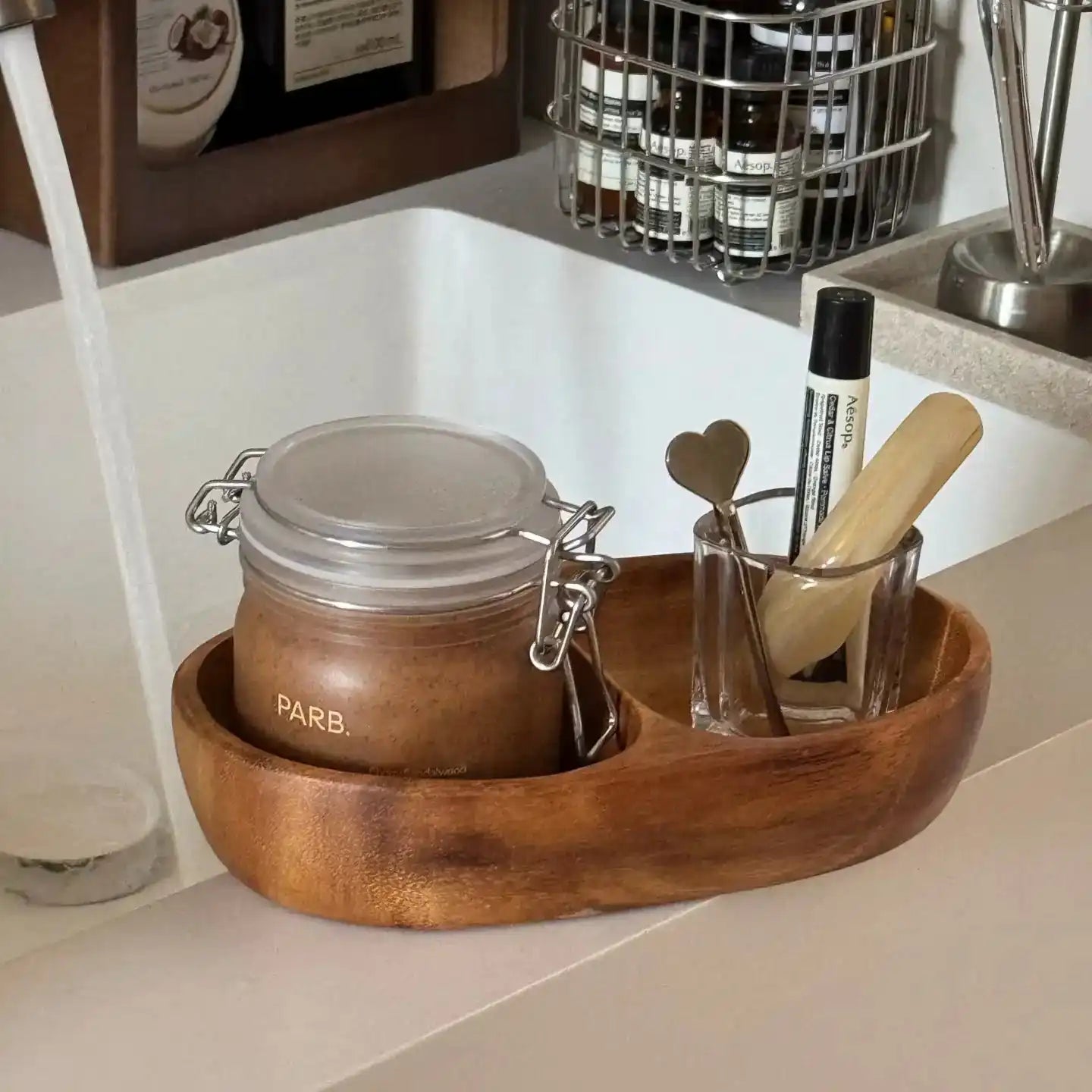Bathrooms are designed to be sanctuaries of cleanliness — but ironically, they’re also breeding grounds for bacteria if not maintained properly. One often-overlooked item is the washcloth. Many people use it daily without considering how often it should be changed, or what happens if it's not.
In this article, we will explore how often should you change your washcloth, the hygiene implications of neglect, best practices for maintenance, and cleaning timelines for other essential bathroom items. Whether you're a meticulous cleaner or just starting to pay attention to bathroom hygiene, this guide offers valuable, research-based insights.
Table of Contents:
- The Hidden Risks of Neglected Washcloths
- How Often Should You Change Your Washcloth?
- Proper Washcloth Cleaning Techniques
- Where You Store Your Washcloth Matters
- Other Bathroom Essentials: Cleaning and Replacement Guidelines
- Conclusion
- FAQ: Washcloth and Bathroom Hygiene
The Hidden Risks of Neglected Washcloths
So without further ado, here is one very important question: What are the consequences of using the same wash cloth over time without appropriately cleaning or replacing it in a timely manner?
A damp washcloth provides the perfect moist, warm environment for bacteria, mold, and mildew. According to a study published in the Journal of Applied Microbiology, within just 24 hours of use, a moist towel or washcloth can harbor pathogens such as E. coli, Staphylococcus aureus, and Pseudomonas.
Furthermore, if the washcloth is used by multiple family members, it becomes a vehicle for cross-contamination. Skin cells, body oils, and soap residue trapped in the fibers not only diminish cleaning efficiency but also become a source of unpleasant odor and discoloration.
The simple truth is that neglecting to change your washcloth regularly poses serious health and hygiene risks — especially in humid bathrooms where microbial growth accelerates.

How Often Should You Change Your Washcloth?
When it comes to hygiene, how often should you change your washcloth depends on both washing frequency and visible signs of wear — but most experts agree on a general rule: replace your washcloth every 6 to 12 months.
According to dermatologists and cleaning professionals, the key isn't just time, but condition. A washcloth in good shape, washed regularly and dried properly, can last over a year. However, there are clear signs that it’s time to replace yours sooner:
-
It starts to smell musty even after washing
-
It feels rough, stiff, or scratchy against the skin
-
The fibers appear thinned or frayed
-
It loses absorbency or dries unevenly
-
You notice mold, mildew, or dark spots
These conditions indicate microbial buildup or fabric degradation that could compromise hygiene and effectiveness.
Ultimately, if you're following a consistent wash routine and your washcloth is holding up, replacing it once a year is a safe and effective benchmark. But always trust your senses — if it looks or smells off, it’s time for a fresh one.

Proper Washcloth Cleaning Techniques
Cleaning your washcloth correctly is just as important as changing it frequently. Improper washing can leave behind bacteria or weaken the fabric.
How to properly wash washcloths:
-
Use hot water (at least 60°C / 140°F) in the washing machine to kill bacteria and mold spores.
-
Avoid fabric softeners — they leave a coating that traps bacteria.
-
Use a detergent with antibacterial properties for disinfection.
-
Dry thoroughly — either tumble dry on high heat or sun-dry completely. Damp cloths are prone to regrowth of bacteria.
-
Wash separately from underwear or dishcloths to avoid cross-contamination.
A good rule of thumb is to launder your washcloths after every 1–2 uses, even if they appear clean. Skin cells and microbes aren’t always visible.

Where You Store Your Washcloth Matters
A good wash can go to waste if the clothes are not stored properly.
A wet washcloth left hanging over a faucet or balled up in the shower quickly becomes a microbial hotspot. Instead, store your washcloth in a dry, well-ventilated area after each use.
Tips for hygienic washcloth storage:
-
Use hooks or bars that allow full air circulation
-
Avoid storing in enclosed shower caddies unless they’re ventilated
-
Never stack multiple damp cloths together
-
For travel, use a breathable mesh bag, not a sealed plastic pouch
-
For quicker drying and improved hygiene, using a heated towel rack can significantly reduce moisture and bacterial growth
To dried between uses meaning less bacteria, good airflow to your washcloth. Remember, where and how you store it impacts its hygiene just as much as how often you change it.
Other Bathroom Essentials: Cleaning and Replacement Guidelines
Washcloths aren’t the only culprits of poor bathroom hygiene. Let’s review the recommended cleaning and replacement schedules for other common items:
| Item | Cleaning Frequency | Replacement Frequency | Notes |
|---|---|---|---|
| Bath Towels | Every 3–5 uses | Every 1–2 years | Wash more often if stored damp or used after workouts |
| Face Towels | After each use | Every 6 months | Higher turnover due to skincare product residue and skin sensitivity |
| Washcloths | Every 1 use (face), 2–3 uses (body) | Every 6–12 months | Replace sooner if odor, rough texture, or stains develop |
| Loofahs (natural) | Rinse after each use; deep clean weekly | Every 3–4 weeks | Natural loofahs harbor bacteria more quickly |
| Loofahs (synthetic) | Rinse after each use; deep clean weekly | Every 2 months | Slightly more durable but still prone to bacteria |
| Shower Puffs | Rinse after each use | Every 1–2 months | Dry thoroughly to avoid mildew |
| Bath Mats / Rugs | Weekly | Every 6–12 months | Machine washable mats preferred; replace sooner if moldy or frayed |
| Shower Curtains (fabric) | Monthly wash | Every 12–18 months | Use liner and wash both regularly to prevent mold |
| Toothbrush Holder | Weekly | As needed | Soak in vinegar or disinfectant; hidden bacteria often accumulate inside |
| Trash Bin (open top) | Weekly | As needed | Wash with hot soapy water and disinfectant |
These routines may seem excessive at first, but they do wonders to mitigate germ spread and create a cleaner bathroom overall.
Conclusion
Bathroom hygiene is a sum of its parts. From towels to rugs, every item plays a role. With the right knowledge and a disciplined routine, your bathroom can truly become the clean, rejuvenating space it’s meant to be.
FAQ: Washcloth and Bathroom Hygiene
Q1. Is it okay to reuse a washcloth multiple times without washing it?
A: Technically yes, but only if it’s allowed to dry completely between uses. Reusing it more than twice without washing significantly increases the risk of bacterial buildup.
Q2. How can I tell if a washcloth needs to be replaced entirely?
A: Replace your washcloth when it becomes: Frayed or thin, Discolored or stained, Retains odor even after washing. A general rule is to replace washcloths every 6–12 months, depending on quality and frequency of use.
Q3. What’s better for hygiene: washcloth, loofah, or sponge?
A: All tools have pros and cons. Washcloths are easier to clean and replace frequently, making them more hygienic if cared for properly. Loofahs tend to harbor more bacteria and require very frequent replacement.
Q4. Can I wash my face and body with the same washcloth?
A:
How Often Should You Replace Your Loofah? The Hygiene Habit You May Be Missing
5 Creative Ways to Use Bamboo Storage in Your Bathroom
Heated Bath Towel Rails vs. Traditional Towel Racks: Are They Worth the Upgrade?


